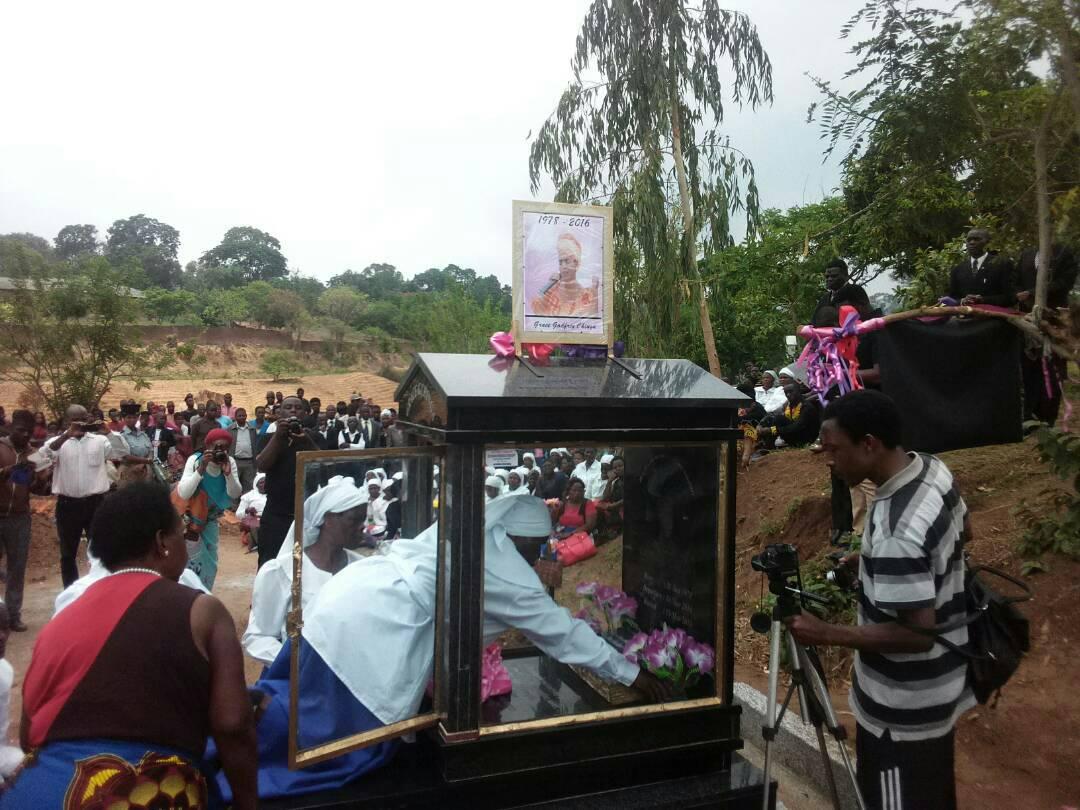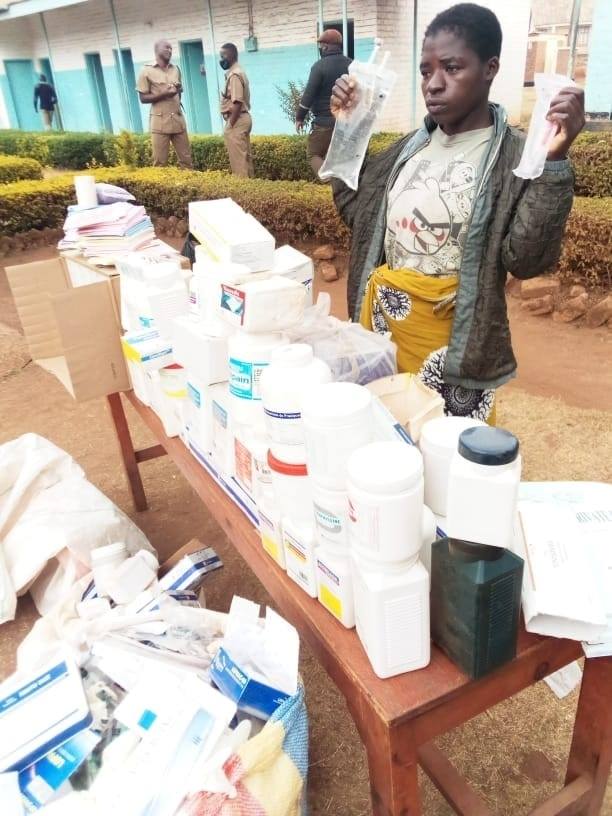The Ministry of Disaster Management Affairs and Public Events has approved the National Resilience Strategy (NRS), which provides a platform for the implementation of the strategy.
The NRS is a 12-year strategy led by the Ministry and aimed at breaking the cycle of food and nutrition insecurity in the country by bridging development and humanitarian interventions and prioritizing a continuum of more predictable livelihood support that target vulnerable households.
The development of the NRS dates back to 2015/2016, when the country experienced late onset of rains, prolonged dry spells, and floods across a number of districts.
These disasters took place against a backdrop of cyclical seasonal food crisis and response efforts due to chronic food and nutrition insecurity, prompting a reflection by government and its development partners on the urgent need for policy shifts and new approaches that create a solid foundation for sustainable pathways out of poverty, and expanded growth.
NRS Pillars
The implementation of the NRS will dwell on four pillars, namely,
(1) Resilient Agricultural Growth,
(2) Risk Reduction, Flood Control, Early Warning and Response Systems,
(3) Human Capacity, Livelihoods and Social Protection, and
(4) Catchment Protection and Management.




